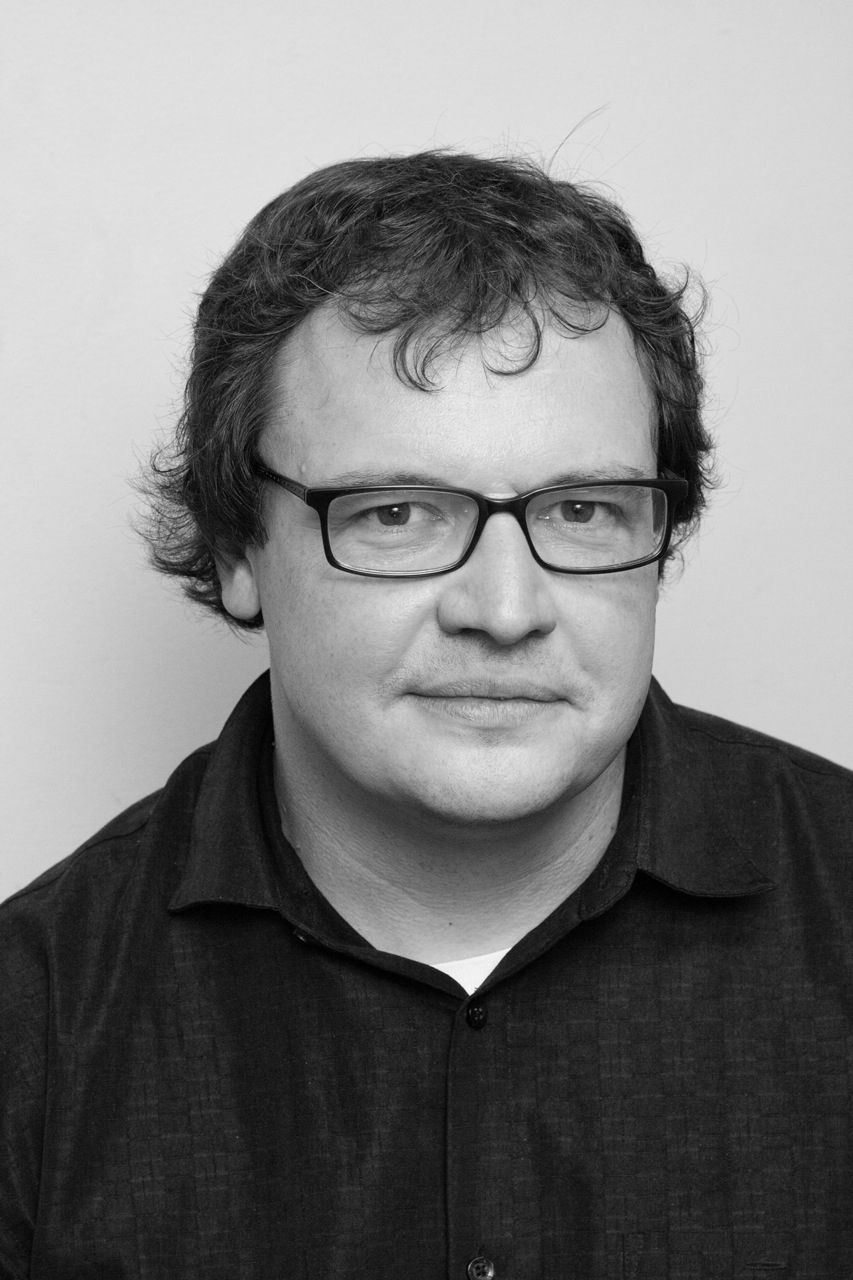social bookmarking tools:
 |
|
| Available RSS Feeds |
|---|
 - Top Picks - Top Picks |
 - Today's Music - Today's Music |
 - Editor's Blog - Editor's Blog
|
 - Articles - Articles
|
Add Louisville Music News' RSS Feed to Your Yahoo!
|

Jazzin'
On October 7 I had a chance to check out the Fred Hersch trio at the Silo Brew Pub, an event sponsored by the Louisville Jazz Society. Hersch is an elegant, intelligent and highly creative pianist and his trio was dynamite. The event was also well attended, with most of the seats occupied. I looked around and a thought came to me: "Gee, there are a lot of jazz fans here in Louisville."
Then another thought came: "Where are these people when local musicians play?"
Understanding the jazz scene here is as simple or complex (whichever you prefer) as understanding the typical jazz listener here. First, who do we identify as the jazz audience? Most of the people we call jazz listeners are:
1. Jazz Society members.
2. Supporters of WFPL.
3. Consumers of recorded jazz by major label artists.
4. Generally disinterested in offering long-term support to local players in the club scene.
Now let me say here that there are a handful of folks who fit the first three categories who also support us local players (I could tell you all about a particular French couple), but they are only a handful, certainly not enough to support any local jazz clubs. You see, the people in this town like to see jazz events, they really do. Going out to hear jazz is a special event to them. They get dressed up, go to dinner, have a couple of drinks and listen to jazz in a semi-ritzy atmosphere. All these things make the listening event special. Oh, there's one more thing that makes it special, proper spacing between listening sessions (i.e. every once in a while). And it just so happens that bigger concerts come through every once in a while and that's what they go and see, frequently leaving us local players out in the cold.
Now these people don't stay home on purpose to make things bad for us. They don't sit in their living room laughing at the prospect that we're out at some club playing to two rednecks who are watching a basketball game. When a jazz club opens, they even come out a couple of times, but they eventually lose interest and the club folds.
That's the other thing: These people aren't club people. They're really not that comfortable in bars. They don't go out much, they don't stay out late, they don't like smoke and they don't want to spend that much money every weekend.
So what's a jazz player to do in this town?
Well, jazz does work in smaller neighborhood-type clubs that offer other types of music as well (remember Fat Cats?). Many jazz acts have developed a good thing at clubs like this, drawing followers not from Jazz Society members but from the club's clientele. In these situations we can play honestly and real communication takes place. The owners pay what they can. Sometimes it's not what we'd like to get but it's better than playing one of those society gigs, where we disguise our jazz as Muzak and try not to play anything engaging and ruin the party (those gigs pay great!)
If a jazz club could survive in this town, it would be more like this: a small club along Bardstown Rd. (or somewhere like that) that holds about one hundred people. Cover charge could be light, they could serve beer and sandwiches (rather than wine and alligator), have a variety of local jazz acts and cater to a local clientele rather than a jazz audience that does not exist. I could be wrong, but it seems to me we think too big when it comes to jazz clubs and we always flop too big. To my knowledge, no one has really tried this approach. Maybe, just maybe, it could work.
Any takers?
See you next time.
